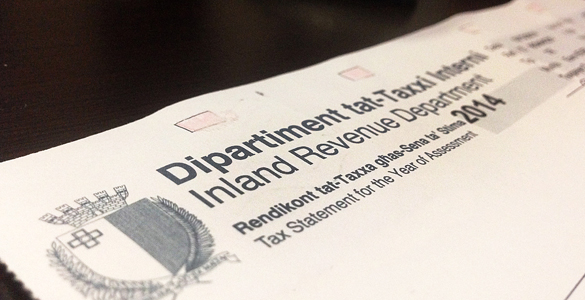The Malta Fiscal Advisory Council (MFAC) has presented its assessment of the Draft Budgetary Plan 2024 to the Minister for Finance and Employment, in which it endorses the Finance Ministry’s fiscal and macroeconomic forecasts for 2023 and 2024, finding them “compatible with the assumptions specified in the official document.”
According to the Government’s forecasts, the economy is expected to moderate in 2023 and 2024 and register a growth rate of 4.1 per cent and 4.2 per cent, respectively.
The fiscal deficit ratio is expected to remain elevated above the three per cent benchmark in 2023 (est. Five per cent) and 2024 (est. 4.5 per cent) but lower than that registered in 2022.
Over the forecast horizon, the public debt-to-GDP ratio is expected to remain under the 60 per cent threshold, though increasing each year, at 53.1 per cent in 2023 and 55.6 per cent in 2024.
The MFAC noted that “the macroeconomic and fiscal forecasts for Malta prepared by the Government fit within the overall range of estimates published by other independent institutions.”
Based on the information available by the cut-off date, the MFAC’s risk outlook suggests positive risks for real GDP growth in 2023 but downside risks in 2024. Concomitantly, the Council believes that a lower fiscal deficit ratio than projected by the Ministry could be achieved in 2023.
It continued: “Due to the base effect in 2023, the fiscal deficit ratio in 2024 is viewed as also turning out better than the 4.5 per cent forecast of the Ministry. However, when removing the base effect, a downside risk is viewed for the deficit ratio in 2024. Notably, should the positive risk in 2023 materialise, a minimum structural effort of 0.5 percentage points in 2024 would still need to be registered.”
The Council noted that the debt ratio is projected to remain below the 60 per cent of GDP benchmark: “Although the Ministry projects the debt ratio to increase closer to 60 per cent, the fiscal risks identified in the assessment translate into the possibility that the debt ratios turn out lower than projected, unless changes to stock-flow adjustments occur.”
The Council also noted that the current projections imply compliance with the maximum growth in nationally financed net primary expenditure recommended by the European Commission, as this is proposed to be the main fiscal surveillance indicator in the new economic governance framework.
Read the full report here.
Top 5% of taxpayers responsible for one-third of all income tax paid in Malta
On the other hand, the bottom third of income earners pay just 1.7% of all income tax generated
The Malta Institute of Accountants prepares for its 2024 Anti-Money Laundering Conference
Held at the Radisson Blu, St Julians, this latest AML Conference promises to bring exclusive insights on new procedures
Eurozone interest rates to remain unchanged
The European Central Bank noted that price pressures remain persistent






